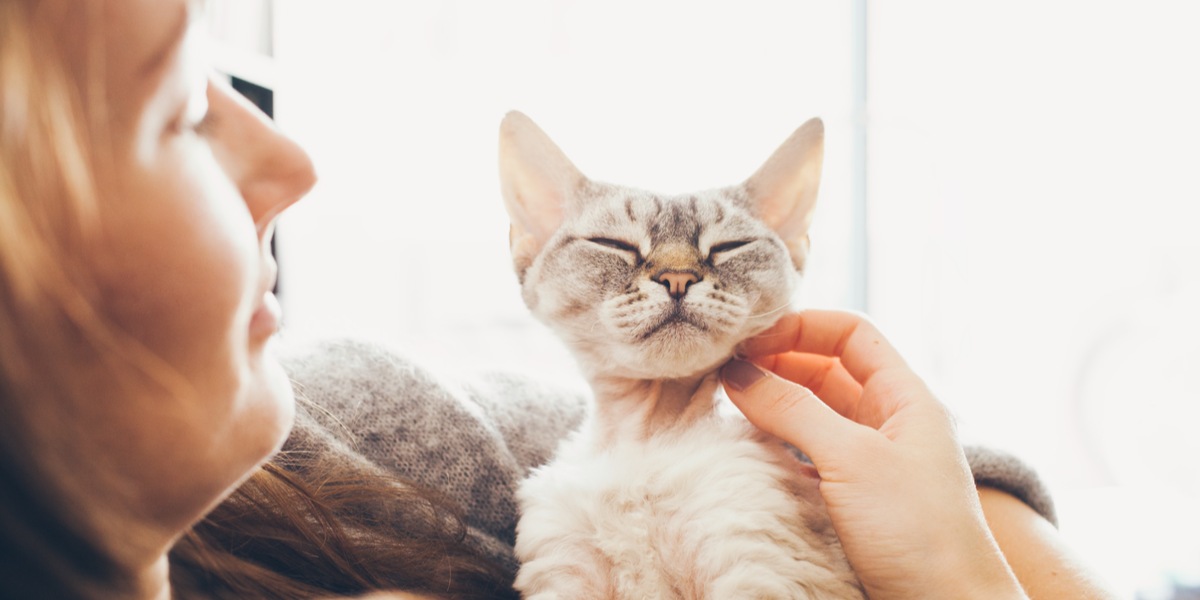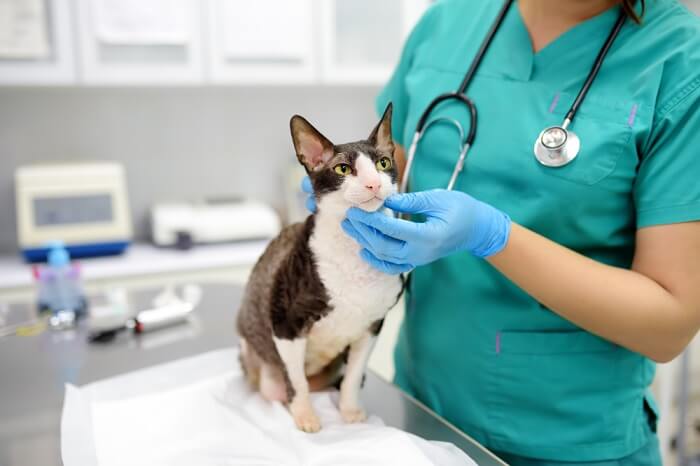
While cat lovers don’t need a team of scientists to tell them that their feline friends positively impact their lives, a preliminary study sponsored by the American Academy of Neurology offers new and interesting information in favor of pet ownership. According to collected data, your cat could be the key to keeping your memory sharp even as you age. It’s good news for cat people and yet another way your cat benefits your overall life.
Memory loss can be both tragic and unavoidable. The Alzheimer Society reports that nearly 40% of American adults over the age of 65 will experience some degree of memory loss. “Brain games” designed to maintain cognitive function, along with dietary supplements, are often recommended to keep memory strong. But what if your doctor suggested bringing home a pet?
Analyzing Cognitive Data
Tiffany Braley of the University of Michigan Medical Center dove into data from a previous study of Medicare beneficiaries to learn more about how pets affect cognition and memory. Her data included information from 1,369 adults over the age of 65. Of those people, 53% owned at least one pet, and 32% were classified as long-term pet owners.
Each person in the study was given multiple cognitive tests including common skills like subtraction and word recall. Researchers then used those results to give each person a composite cognitive score ranging from zero to 27. Braley and her team compared those scores to identifying factors including pet ownership and the number of years spent caring for a cat or dog.
By continuing the tests and creating new composite scores over six years, researchers found that the pet owners in the group better maintained cognitive function.
According to the data at the six-year mark, long-term pet owners had an average cognitive score that was 1.2 points higher than non-pet people. The numbers also showed the pet ownership benefits were strongest for black adults, college-educated adults, and men.
How Cats Could Protect Memory

The numbers give a clear indication that pets, including cats and dogs, could benefit from long-term cognition. But how? Braley theorizes that it has to do with a pet’s ability to lower a person’s stress. She said, “As stress can negatively affect cognitive function, the potential stress-buffering effects of pet ownership could provide a plausible reason for our findings.”
Anyone who has ever cuddled a purring cat knows how pets can decrease stress. Simply spending time with a cat or talking out problems with a non-judgemental and non-responsive friend can significantly lower stress and boost mental health. Numerous studies are proving that spending time with a cat can lower a person’s blood pressure, prevent feelings of loneliness, and ease anxiety. All of these things can potentially protect memory and overall cognition.
In addition to less stress, Braley also points out that pet owners are typically more active than non-pet owners. Physical health also impacts cognition. Facilitating a rousing game of Catch the Feather Wand or Chase the Catnip Mouse gives cat people a small but significant boost in physical activity.
Finally, Having a Pet to Care For Can Keep the Mind Active and Fresh

Remembering to feed a cat at specific times, fill a water bowl, schedule and attend vet appointments—all of these activities flex our mental muscles.
We won’t know the full story without more research. However, these initial results suggest that living with a cat (or two or three) could have unexpected, yet valuable, long-term benefits.







